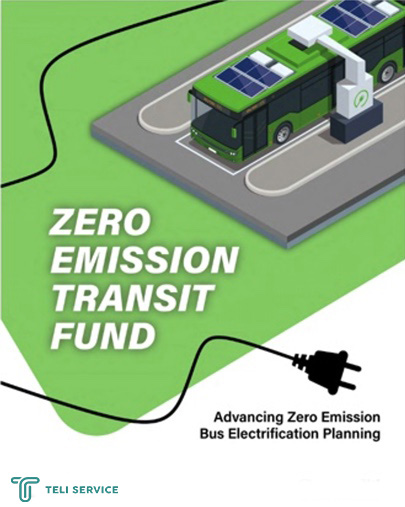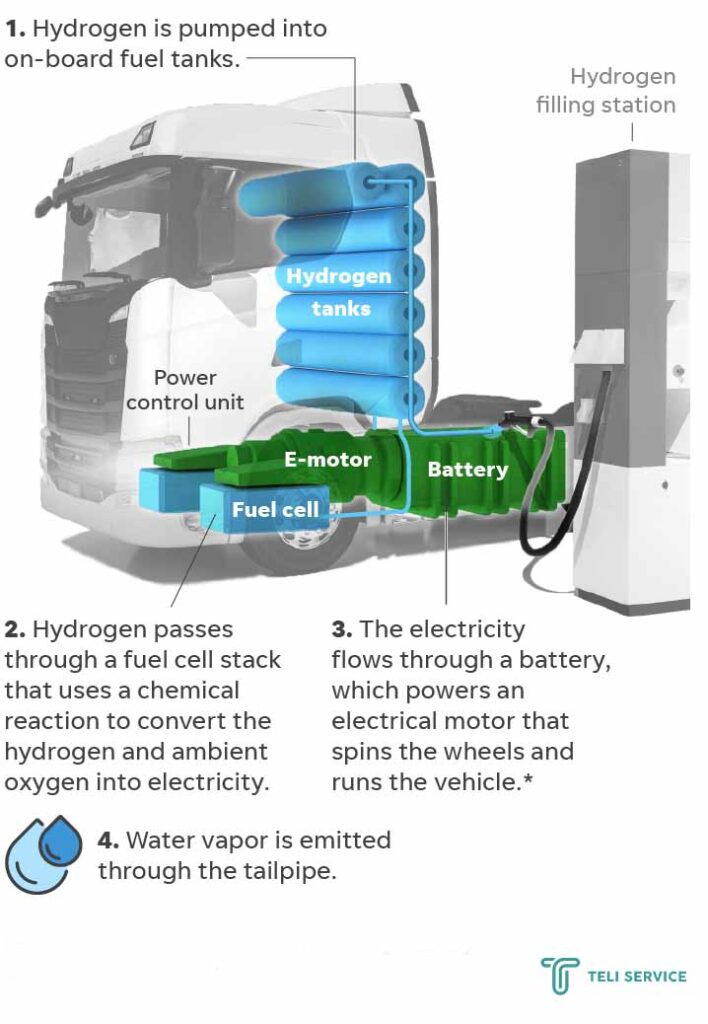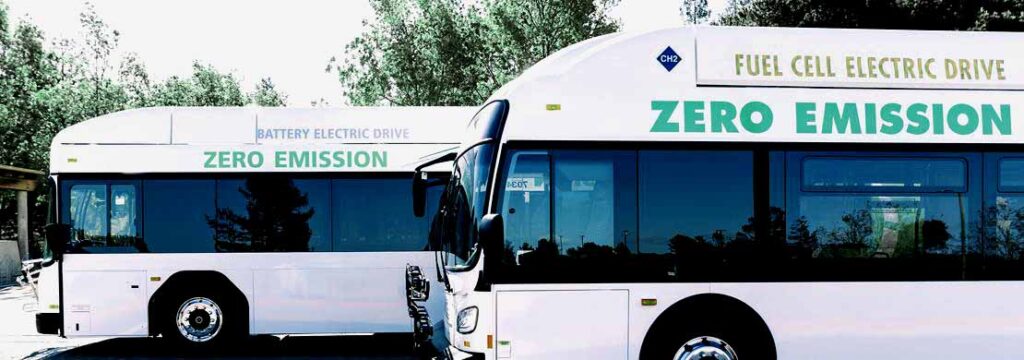2550mm ADR certification CO2 ECE Electric vehicle Emission Euro 6 Euro VI EV battery fuel cell importing MOPED – 2 Wheel Moped-3 wheels MOTOR CYCLE MOTOR TRICYCLE new ADRs NVES Passenger seat Process RFS Road-Friendly Suspension ROVER SEAT Special purpose vehicles SPV Truck width zero-emission 国标 澳大利亚
The Australian government has recently proposed two new ADRs for zero-emission heavy vehicles.
The Australian Government is taking significant steps toward reducing greenhouse gas emissions by introducing two new Australian Design Rules (ADRs) for zero-emission heavy vehicles. The proposed ADRs will mandate the safety and performance requirements for electric powertrain and hydrogen fuel cell heavy vehicles. The ADRs, ADR 109/00 and ADR 110/00 are currently under consultation and are expected to come into effect by 2024. In this article, we will discuss the proposed ADRs and their impact on the heavy vehicle industry.

ADR 109/00: Electric Power Train Safety Requirements
The proposed ADR 109/00 will mandate the safety requirements for electric powertrain systems in heavy vehicles. The ADR will ensure that electric powertrain systems are safe for use in heavy vehicles and do not pose a risk to the occupants, other road users, or the environment. The ADR will cover a range of safety requirements, including:
- Electrical safety: The ADR will mandate that electric powertrain systems meet certain electrical safety standards to prevent electrical shocks and electrocution hazards.
- Thermal safety: The ADR will require that electric powertrain systems have adequate thermal management systems to prevent overheating and fires.
- Crash safety: The ADR will require that electric powertrain systems do not pose any additional risk to occupants in the event of a crash.
- Environmental safety: The ADR will mandate that electric powertrain systems do not pose any environmental hazards, such as leaking battery fluids or hazardous materials.
The proposed ADR 109/00 will apply to all heavy vehicles powered by electric powertrain systems, including electric buses, trucks, and other heavy vehicles.
ADR 110/00: Hydrogen Fuel Cell Vehicle Safety
The proposed ADR 110/00 will mandate the safety-related performance requirements for hydrogen fuel cell heavy vehicles. The ADR will ensure that hydrogen fuel cell systems are safe for use in heavy vehicles and do not pose a risk to the occupants, other road users, or the environment. The ADR will cover a range of safety-related performance requirements, including:
- Fuel system safety: The ADR will mandate that hydrogen fuel cell systems meet certain safety standards to prevent fuel leakage and fires.
- Electrical safety: The ADR will require that hydrogen fuel cell systems meet certain electrical safety standards to prevent electrical hazards.
- Thermal safety: The ADR will require that hydrogen fuel cell systems have adequate thermal management systems to prevent overheating and fires.
- Crash safety: The ADR will require that hydrogen fuel cell systems do not pose any additional risk to occupants in the event of a crash.
- Environmental safety: The ADR will mandate that hydrogen fuel cell systems do not pose any environmental hazards, such as leaking hydrogen or hazardous materials.
The proposed ADR 110/00 will apply to all heavy vehicles powered by hydrogen fuel cell systems, including buses, trucks, and other heavy vehicles.


The proposed ADRs, ADR 109/00 and ADR 110/00, for zero-emission heavy vehicles, are a significant step towards reducing greenhouse gas emissions and promoting the use of clean energy in the heavy vehicle industry. The ADRs will mandate the safety and performance requirements for electric powertrain and hydrogen fuel cell heavy vehicles, ensuring that these vehicles are safe for use on Australian roads and do not pose a risk to the environment or other road users. It is important for the heavy vehicle industry to stay informed about these proposed ADRs and to ensure that their vehicles comply with the safety and performance requirements outlined in the ADRs.
